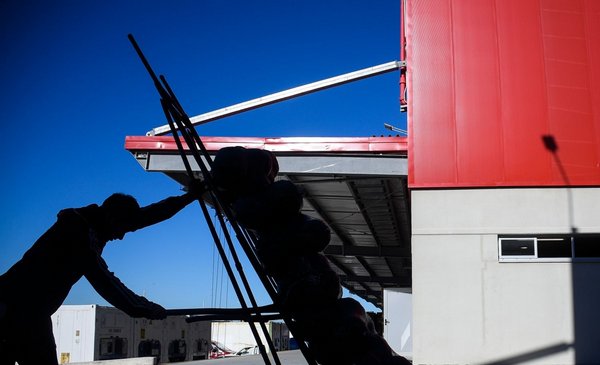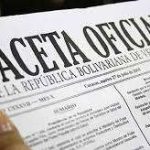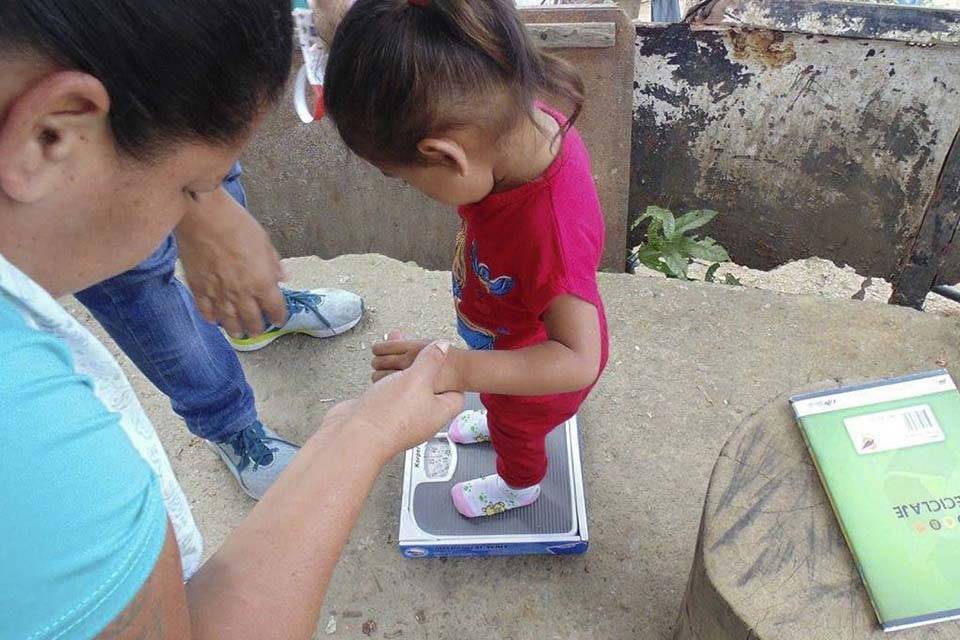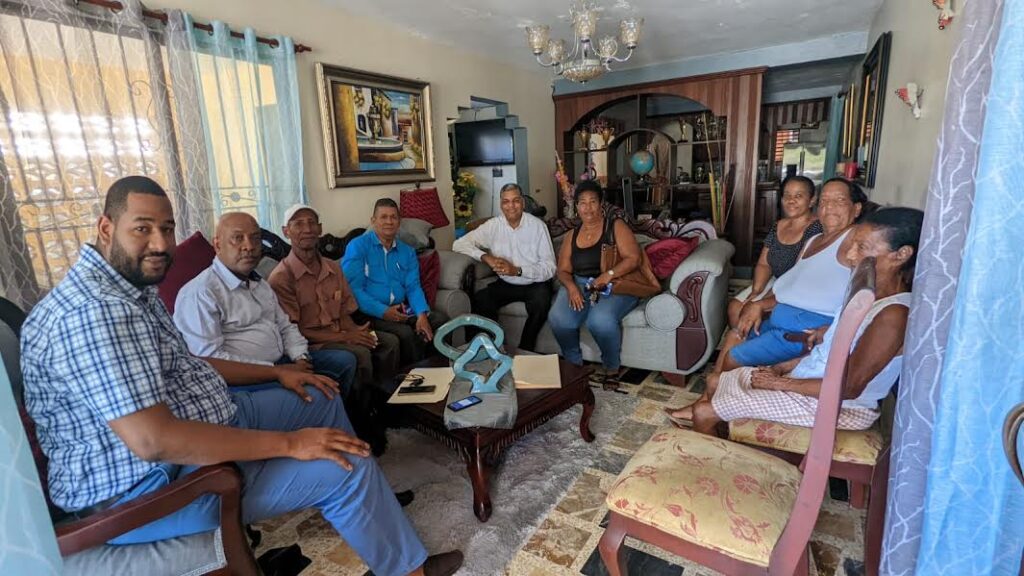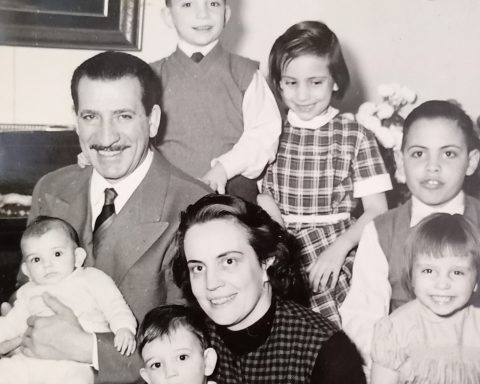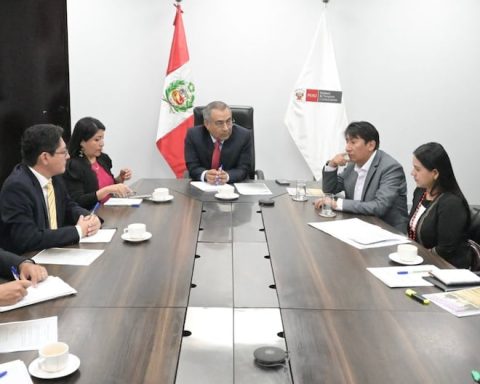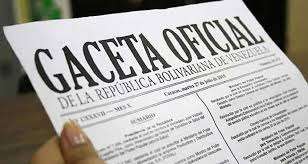Judicial claims by the operators, not being able to continue with the business and insufficient economic capacity to be able to sustain the financial obligations with the Banco de la República (BROU) are some of the risks faced by the Metropolitan Agrifood Unit (UAM), according to an audit by the Ministry of Economy and Finance (MEF). To this is added an almost empty warehouse and producers and operators who have stopped going to sell, for not being able to pay the costs.
The Internal Audit of the Nation (AIN) published a report detailing that For its first three years of operation, the UAM made a projection of collection, expenses and debt repayment. The latter was foreseen, in part, with the UAM-BROU Financial Trust., which would begin to be paid from the third year. But, as stated, the market does not have the capacity to sustain its obligations with the state bankY faces several risks, such as cost overruns due to non-compliance, legal claims or deterioration of services that are given to the operators.
Funds
The loans granted by the IMM amounted, as of December 31, 2020, to $195,028,635 (about $4.8 million), indicated.
Camilo dos Santos
Camilo dos Santos
Since November 2020, the UAM exercises powers without having a legal regime that allows it to dispose of the land on which it operates
Land without legal security
According to the MEF report, Since November 2020, the UAM exercises powers without having a legal regime that allows it to dispose of the land on which it operates. This is a problem that generates concern among operators because “it determines a lack of legal certainty regarding the exercise of their powers and the contracts signed,” indicates the official report.
For that reason, it is that the UAM faces possible legal claims from the operators “for the concession of spaces over which it does not have the enabling right to sign the contracts,” warns the audit.
Also, there is a risk that the lands that were destined for the agri-food park will not be used for the intended purposesthat the resources of the concession use contracts are not available or that the business cannot be continued.
The Observer He contacted the president of the UAM, Daniel Garín, but indicated that, for now, he would not comment on the matter.
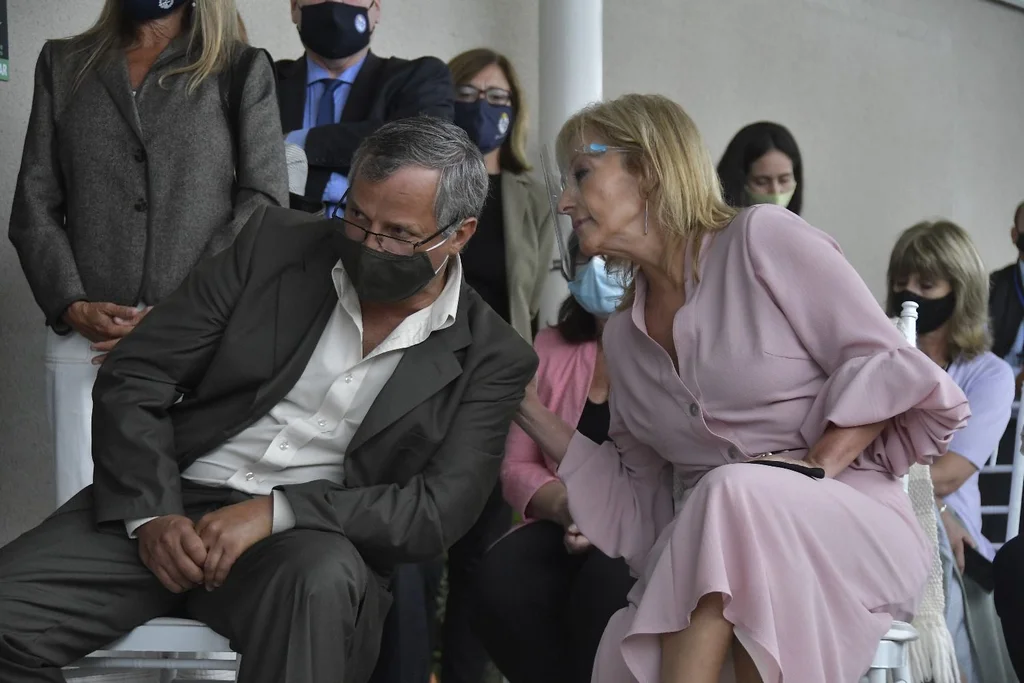
Diego Battiste
Daniel Garin and Carolina Cosse.
Uncertainty and pressure on unions
Uncertainty increases among the operators and in some of the horticultural producers’ unions the pressure of the partners increases to ask the Executive Board and the Board of Directors for a solution to this issue, operators informed The Observer.
Since before the move, in February 2021, the high value of the rates was already a claim of the operatorsIn addition, the location of the new market, near the rural area of Montevideo, was celebrated by some producers and operators and criticized by others.
Between “a commercial crisis that has been coming for several years”which goes hand in hand with a change with the commercialization of fruits and vegetables, there are times when “it is not sold and the meters cannot be paid”, told The Observer Antonella Gordillo, one of the market operators. As he commented, one of the problems they face in the midst of the “crisis” is that Some operators choose to market their products outside the UAM.
Several farmers, mainly the smaller ones, have decided to stop selling there because of the costs they have to bear. Also, the Arenas de Carrasco Market already looks like one direct competitiongiven that many producers work in Canelones, and that market may be the best location for marketing.
During the transfer of the market, the unions demanded that the stalls be located in such a way that small operators would be close to other large ones, given that this “by rebound” could allow the small ones to win some customers, but, according to Gordillo, this did not happen, and in some of the ships, like the E, you can already see empty seats.
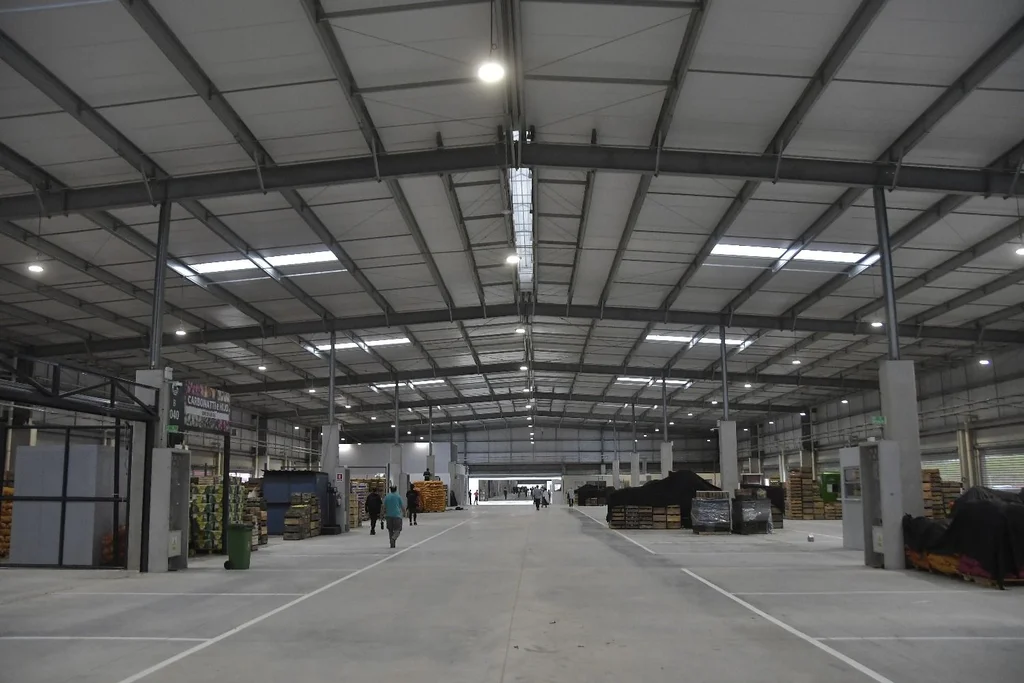
Diego Battiste
Several producers have stopped selling at the UAM.
“We want the UAM to work because it is our job”, commented the operator, who said that solving these problems is an administrative issue. The market operated with a transition board before the board was officially formed, which began work in June 2021, after that andhe President of the Republic –Luis Lacalle Pou– and the mayor of Montevideo –Carolina Cosse– they will sign a letter together to request that the fruit and vegetable unions appoint their representatives for the same.
A mandatory audit that is not
On the other hand, the fruit and vegetable market, which also has an area for complementary activities and a multipurpose market in which retail sales are carried out, does not have an Internal Audit Unit (UAI), which is mandatory under Law 19,924 of 2020 .
According to the MEF, by not having this audit, the UAM does not have advice to improve its management, in addition, it may have lack of quality evaluations and “deviations in the execution without knowing, preventing or detecting”.
In the market were also identified technological weaknesses.
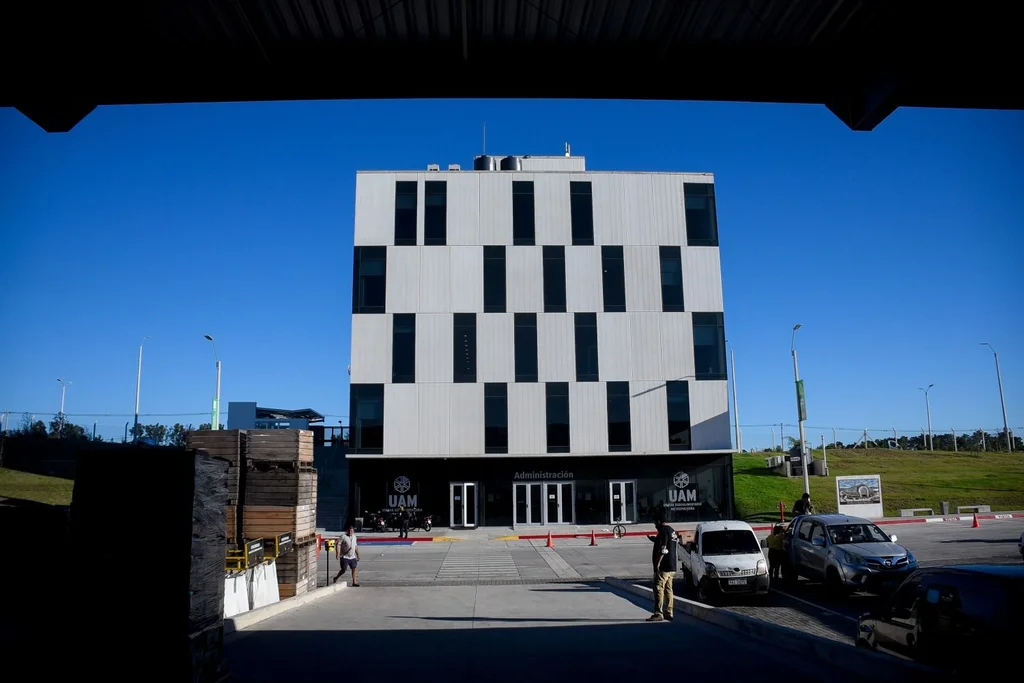
Camilo dos Santos
The UAM works were financed with funds from three trusts.
Disney Business Plan
This issue, like others since the creation and change of the market, did not escape the political arena. After the audit was published, the senator of the National Party, Jorge Gandini, decided to summon Adriana Zumarán (government representative on the UAM board) and the Minister of Livestock, Agriculture and Fisheries (MGAP) to the Livestock Commission. , Fernando Mattos, in addition several councilors will coordinate to deal with this issue and perhaps summon the president of the market (Garín), according to El País.
The nationalist senator Sebastián Da Silva expressed on his Twitter account that “the UAM thing was announced.” “Does pharaonic works with other people’s money ring a bell? That is why our government asked to co-govern this white elephant, to anticipate the effects of a Disney business plan. A lot will have to be corrected, but without one more weight from the public treasury,” he stressed.
Below is the AIN audit of the UAM.
2022-PDPNE-Metropolitan Agrifood Unit by Analia Pereira on Scribd
